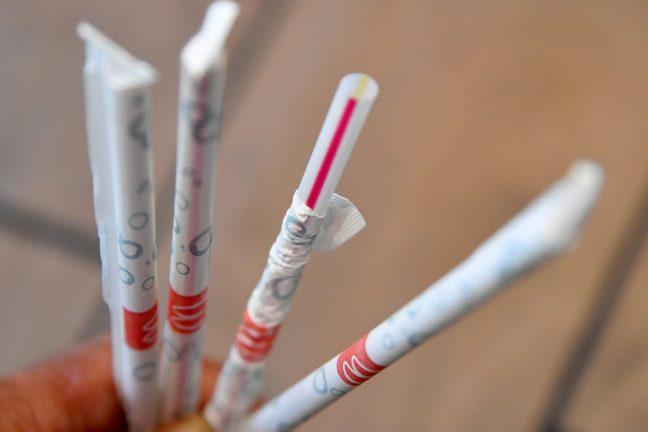The United Nations Environment Assembly passed a resolution to develop a treaty for 2024 to end plastic pollution. The director of the UN Environment Program’s North America office, Barbara Hendrie, gave a talk for the Nelson Institute, titled “Tackling Environmental Challenges (Including Plastic Pollution) Globally and Locally: A Conversation with the UN Environment Programme, North America.”
The resolution is called “End Plastic Pollution: Towards an International Legally Binding Instrument,” and its goal is to improve plastic product design, plastic consumption and plastic waste management.
UNEP works with governments, many in the developing world, to address environmental crises in their countries. The office also serves to solve issues related to the climate crisis, the loss of biodiversity, the destruction of natural ecosystems and the pollution and waste crisis, Hendrie said.
Plastic is extremely durable, Hendrie said, which makes it a useful material. But this durability means that plastic never disappears in the environment — it breaks down into smaller fragments and will last for upwards of 1,000 years, Hendrie said.
“Plastic — it’s an incredible material. It’s durable, it’s diverse, it’s useful,” Hendrie said. “It’s a testament to human ingenuity, but actually its durability is part of the problem because plastic never really disappears when it’s in the environment.”
Globally, there are 8.3 billion tonnes of plastic. Six billion tons of this is plastic waste, and Hendrie said 11 million tons of plastic enter the ocean each year. By 2050, there will likely be more plastic in the ocean than fish, Hendrie said.
The ocean accounts for between 50% and 80% of the oxygen in the atmosphere, and Hendrie said plastic waste breaks down to release toxins like lead, cadmium and mercury, which destroy the organisms that produce this oxygen.
“This is not just an issue for the environmental community or people who love sea turtles,” Hendrie said. “This is about us, and it’s about health and the very air we breathe.”
Hendrie is on the senior management team for the Mississippi River Plastic Pollution Initiative, a project in collaboration with mayors along the Mississippi River and community volunteers. Volunteers use an app called the Marine Debris Tracker to collect data about plastic pollution in the river.
The initiative aims to reduce the amount of plastic flowing from communities into the Mississippi River, Hendrie said. The project also aims to create the first plastic pollution map of the river to learn how to address plastic pollution within participating communities.
So far, Hendrie said the main plastic pollutants have been plastic water bottles, food wrappers and cigarette butts, which contain plastic fibers.
Hendrie’s talk was part of the Weston Roundtable series, which discusses sustainability, engineering and policy. The series is put on through collaboration between the Center for Sustainability and the Global Environment, the Department of Civil and Environmental Engineering and the Office of Sustainability, and this talk included help from the Psi Upsilon Foundation.


